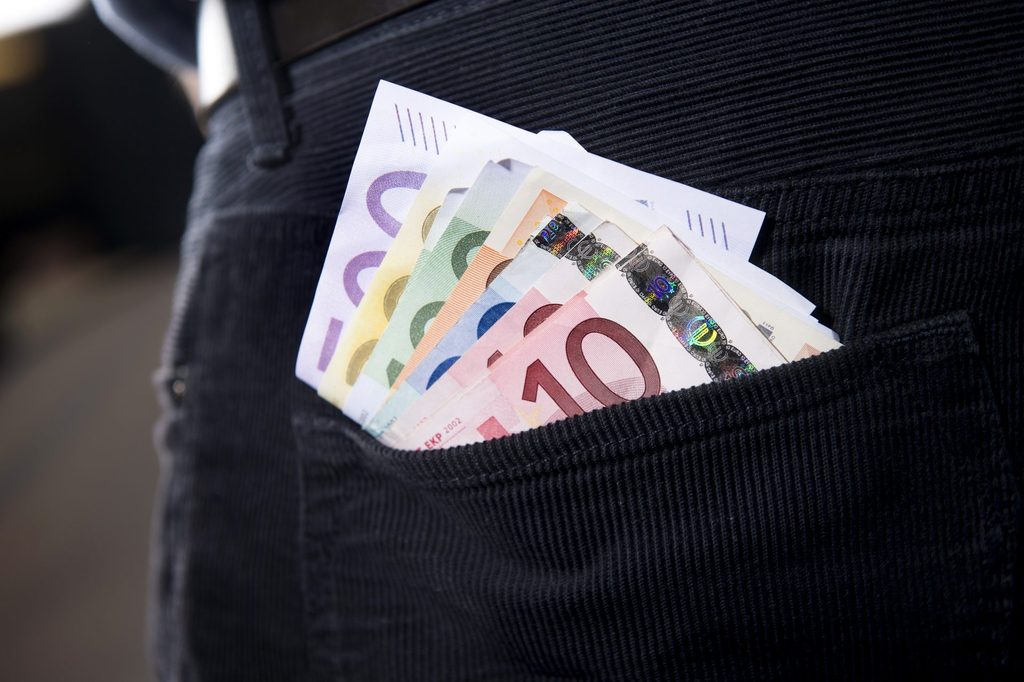A new study has quantified the extent to which 'greedflation' – the tendency for companies to boost profits during inflationary periods through unnecessary price hikes – has contributed to Belgium's soaring inflation rate.
The analysis, which was conducted by Thomas Greuse, an economist at the Confederation of Christian Trade Unions (CSC), and reported on by l'Echo, found that unwarranted price increases actually contributed more to inflation last year than government-mandated wage indexations.
"Companies have therefore more than compensated for the increases in their intermediate costs and the increase in wages," Greuse explained. "This is a concrete example of greedflation."
Greuse also noted that his study refuted the claim, often articulated by business leaders, that continued wage indexations could lead to a devastating wage-price inflationary spiral, whereby wage rises lead to a surge in prices which then leads to greater demand for further wage increases.
"We can therefore still not talk about a price-wage spiral linked to indexation," Greuse concluded.
A valuable primer
Greuse calculated the exact extent of greedflation's impact on Belgium's headline inflation rate by appealing to a technical economic concept known as the Value Added Deflator (VAD). This determines which increases in GDP are purely nominal, that is, linked to an increase in prices alone and not tied to a real increase in economic output.
Moreover, calculating the VAD makes it possible to discover which specific factors – labour, capital, or state intervention – have contributed to nominal (rather than real) GDP growth over some reference period. As Greuse himself put it: "[VAD] makes it possible to isolate the price variable in GDP."
Greuse's study found that, in 2022, Belgium's VAD increased by 3.09%. Rising wages contributed 1.45 percentage points to this figure. However, rising company profits were found to play an even larger role, contributing 1.82 percentage points to the total VAD increase. Taxes' overall contribution was negative (-0.18 percentage points).
Greuse's study comes at a time when many of Belgium's leading political parties are becoming increasingly aware of the dangers of greedflation. Earlier this month, Flanders' leading social democratic party Vooruit condemned companies' "unacceptable" practice of "abusing inflation to make their prices rise abnormally."
Related News
- 'Unacceptable': Vooruit vows to protect Belgians against 'greedflation'
- 'Worrisome and unsustainable': National bank paints bleak picture of Belgian economy
"Multinationals can raise their prices sharply because they have a monopoly and sell indispensable products," said Vooruit MP Melissa Depraetere. "Everyone needs food, energy and a bank account. Supermarkets, energy companies and banks benefit greatly from this."
According to the latest data published by Statbel, Belgium's official statistics office, Belgium's inflation rate last month was 5.60%: over 4.5 times higher than it was in April 2021.

